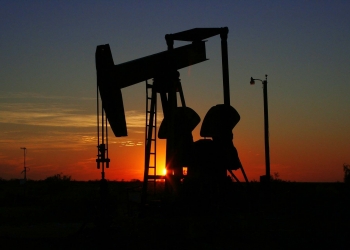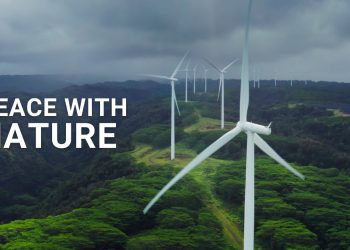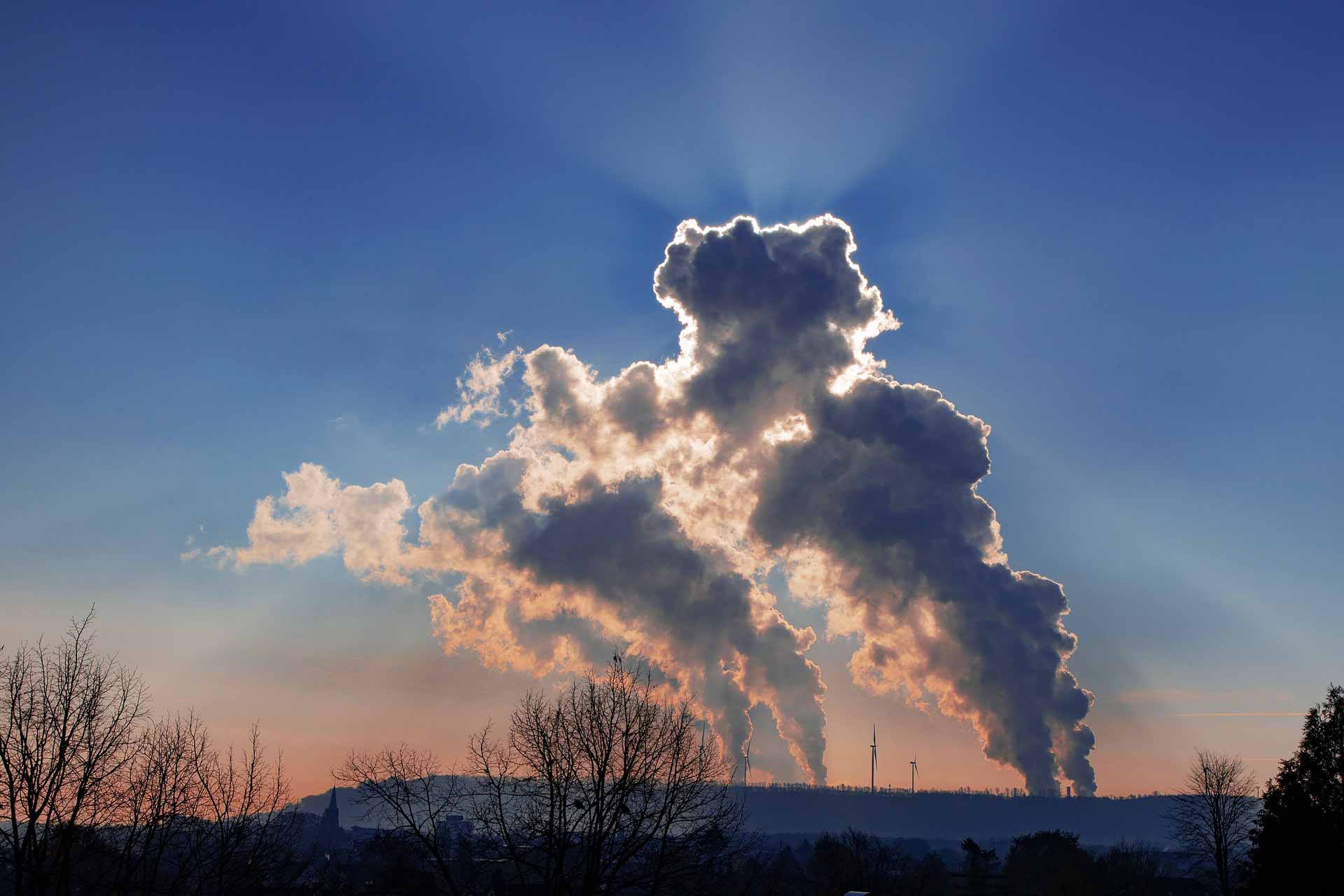As 2020 draws to a close, it leaves in its wake the planet warmest decade on record and one of the three hottest years ever measured, according to the UN weather agency. Despite a cooling La Niña event, 2020 has been a year of exceptional heat that is now mature and impacting weather patterns in many parts of the world, the World Meteorological Organization (WMO) said on Thursday.
Climate Change and Global Planet-warming
Earth’s climate has changed throughout history. Just in the last 650,000 years there have been seven cycles of glacial advance and retreat, with the abrupt end of the last ice age about 11,700 years ago marking the beginning of the modern climate era – and of human civilization. Most of these climate changes are attributed to very small variations in Earth’s orbit that change the amount of solar energy our planet receives.
The current planet-warming trend is of particular significance because most of it is extremely likely (greater than 95% probability) to be the result of human activity since the mid-20th century and proceeding at a rate that is unprecedented over decades to millennia.
Climate change includes both the global planet-warming driven by human emissions of greenhouse gases, and the resulting large-scale shifts in weather patterns. The human cause of climate change is not disputed by any scientific body of national or international standing.
Scientific evidence for warming of the climate system is unequivocal.
Intergovernmental Panel on Climate Change
And according to most models, La Niña is expected to peak in intensity either this month or in January and continue through the early part of next year. “Record warm years have usually coincided with a strong El Niño event, as was the case in 2016”, said WMO chief Petteri Taalas.
However, he noted, “we are now experiencing a La Niña, which has a cooling effect on global temperatures, but has not been sufficient to put a brake on this year’s heat”. “Despite the current La Niña conditions, this year has already shown near record heat comparable to the previous record of 2016”, said the top WMO official.
Observed temperature rise
Multiple independently produced instrumental datasets show that the climate system is warming, with the 2009–2018 decade being 0.93 ± 0.07 °C (1.67 ± 0.13 °F) warmer than the pre-industrial baseline (1850–1900). Currently, surface temperatures are rising by about 0.2 °C (0.36 °F) per decade. Since 1950, the number of cold days and nights has decreased, and the number of warm days and nights has increased.
Global warming hiatus
There was little net warming between the 18th century and the mid-19th century. Although record-breaking years attract considerable media attention, individual years are less significant than the longer global temperature trend. An example of a shorter episode is the slower rate of surface temperature increase from 1998 to 2012, which was labeled the “global warming hiatus“.
2020 in top three
WMO has also documented the last six years as being the warmest. In January, the UN agency will issue consolidated temperature figures for 2020, based on five global temperature datasets.
This will be incorporated into a final report on the State of the Climate in 2020, which will be issued in March and will include information on selected climate impacts. To date, all five datasets for the first 10 months of 2020 has placed this year as the second warmest for the year to date, following 2016 and ahead of 2019.
Based on monthly reports from the European Unions’s Copernicus Climate Change Service, the United States National Oceanic and Atmospheric Administration and NASA’s Goddard Institute for Space Studies and the Japan Meteorological Agency, November has been classified as either the warmest or second warmest on record.
The difference between the warmest three years is small. Exact rankings for each data set could change once data for the entire year are available, according to WMO.
A perilous trend
Ranking temperatures for individual years is less important than long-term trends, the UN weather agency explained. Since the 1980s each decade has been warmer than the previous one. And because of record levels of heat-trapping greenhouse gases in the atmosphere, the planet-warming trend will persist.
World could lose coral reefs by end of century
In particular, carbon dioxide is driving the future planet-warming because it remains in the atmosphere for many decades. According to WMO’s Global Annual to Decadal Climate Update, there is a one-in-five chance that the average global temperature will temporarily exceed 1.5 °C by 2024.
Climate change continued its relentless march in 2020. The trend is on track to be one of the three warmest years on record. 2011-2020 will be the warmest decade on record. It also marks the warmest six years all being since 2015, according to the World Meteorological Organization.
Copernicus ECMWF
ECMWF is the European Centre for Medium-Range Weather Forecasts. ECMWF is advancing numerical weather prediction through global collaboration and by sharing collective achievements.
Copernicus: Global November temperatures reached a record high, while Europe experienced its warmest autumn on record
Copernicus Climate Change Service scientists report that globally, November 2020 was the warmest November since records began. Europe experienced its warmest autumn on record. Meanwhile, the Arctic region and sub-Arctic Siberia continued to be significantly warmer than average. Sea ice in the region saw its second lowest November extent.
In Europe, November 2020 temperatures were particularly high. They made it the joint second warmest November with 2009, 0.2°C below the temperature for November 2015. In contrast, temperatures were most below average over central Asia and western Antarctica.
Copernicus Climate Change Service (C3S)
The Copernicus Climate Change Service (C3S) run by the European Centre for Medium-Range Weather Forecasts (ECMWF). Copernicus announced that global average temperatures in November 2020. They were the highest recorded for the month by a clear margin in the C3S data set. Reanalysis data show that November was close to 0.8°C above the standard 30-year reference period of 1981-2010. It was more than 0.1°C above the previous warmest Novembers of 2016 and 2019. Temperatures were most above average over a large region covering much of northern Europe, Siberia and the Arctic Ocean. Substantially higher than average temperatures also occurred over parts of the USA, South America, southern Africa. Also over the Tibetan Plateau, eastern Antarctica and most of Australia.
Has the Paris Agreement changed Climate after 5 years?
Copernicus is the European Union’s flagship Earth Observation Programme. It operates through six thematic services: Atmosphere, Marine, Land, Climate Change, Security and Emergency. Copernicus delivers freely accessible operational data and services. It provides users with reliable and up-to-date information related to our planet and its environment. The Programme is coordinated and managed by the European Commission. The implementation runs in partnership with the Member States, the European Space Agency (ESA), the European Organisation for the Exploitation of Meteorological Satellites (EUMETSAT), the European Centre for Medium-Range Weather Forecasts (ECMWF), EU Agencies and Mercator Océan, amongst others.














